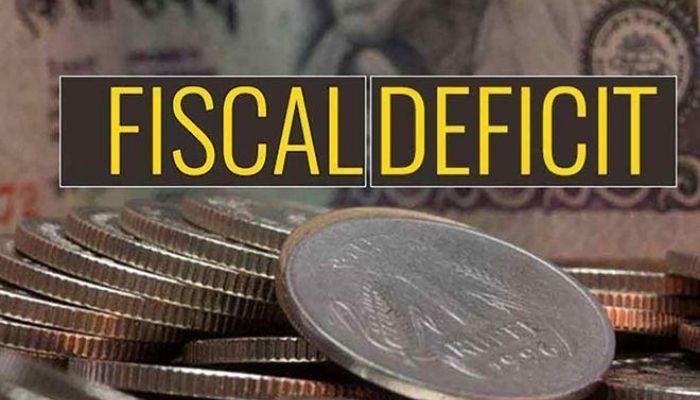Despite several efforts put up by the Federal Government, Nigeria recorded a fiscal deficit of N13.51 trillion in 2024, N4.34 trillion (47.33 per cent) above the projected shortfall and higher than the N10.55 trillion deficit in 2023.
The deficit was financed through a mix of multilateral and bilateral loans (N1.98 trillion), domestic borrowing (N6.06 trillion), foreign borrowing (N3.37 trillion), and budget support funds (N3.19 trillion).
The economy sustained its recovery momentum in the fourth quarter of 2024, recording a real Gross Domestic Product (GDP) growth of 3.84 per cent year-on-year, driven largely by the services and non-oil sectors, according to the Fourth Quarter and Consolidated Budget Implementation Report released by the Budget Office of the Federation (BOF). The report, produced in compliance with the Fiscal Responsibility Act, 2007, provides a detailed review of the nation’s macroeconomic and fiscal performance for the period.
It highlights the Federal Government’s continued commitment to transparency, accountability, and sound public financial management. The Q4 GDP growth rate of 3.84 per cent marked an increase of 0.38 percentage points from the 3.46 per cent recorded in both the third quarter of 2024 and the corresponding period of 2023.
The Budget Office attributed the improved performance to ongoing structural reforms and fiscal policies aimed at stimulating productive sectors of the economy.
The services sector remained the main driver of growth, expanding by 5.37 per cent and contributing 57.38 per cent to the aggregate GDP. However, the report noted that inflationary pressures persisted, reversing earlier moderation in price levels.
Headline inflation stood at 34.80 per cent in December 2024, compared to 32.70 per cent in September and 28.92 per cent in December 2023. The surge in inflation was attributed to rising energy costs, exchange rate depreciation, and high food prices. Food inflation followed a similar trajectory, climbing from 37.77 per cent in September to 39.85 per cent in December 2024.
To curb inflationary pressures, the Central Bank of Nigeria (CBN) raised the Monetary Policy Rate (MPR) by 25 basis points to 27.50 per cent in December 2024, while retaining the Cash Reserve Ratio (CRR) at 50 per cent and the Liquidity Ratio at 30 per cent.
Broad money supply (M2) rose by 3.59 per cent to N109.41 trillion in December, while Net Domestic Credit (NDC) decreased by 8.75 per cent to N105.16 trillion, largely due to a sharp 31.23 per cent contraction in credit to the government during the period. Credit to the private sector, however, increased modestly by 2.95 per cent to N78.02 trillion.
Nigeria’s total merchandise trade stood at N36.60 trillion in Q4 2024 a 68.32 per cent increase compared to the same period in 2023. Exports accounted for 54.68 per cent of total trade, valued at N20.01 trillion, driven largely by crude oil exports, which represented 68.87 per cent of total exports.
Average crude oil production in Q4 2024 was 1.54 million barrels per day (mbpd), slightly above the 1.47 mbpd recorded in the previous quarter but below the 1.56 mbpd achieved in Q4 2023. The average crude oil price stood at US$74.65 per barrel, lower than the $83.90 recorded in Q4 2023.
The nation’s total public debt stock as of December 31, 2024, rose to N144 trillion ($94.23 billion), reflecting a 1.65 per cent increase from September’s level of N142.32 trillion. Of this figure, domestic debt accounted for N74.38 trillion (51.41 per cent), while external debt stood at N70.29 trillion (48.59 per cent).
The debt-to-GDP ratio climbed to 61.22 per cent, surpassing the international threshold of 56 per cent. Total Federal Government revenue for 2024 stood at N20.98 trillion, an increase of 68.11 per cent compared to 2023, though still 18.92 per cent below the annual target.















